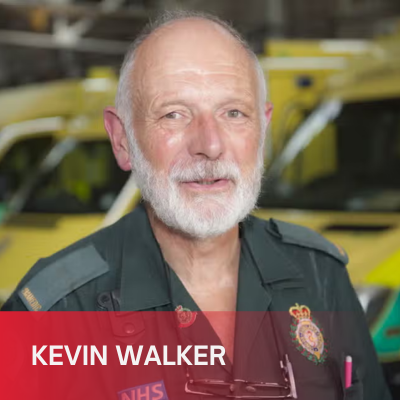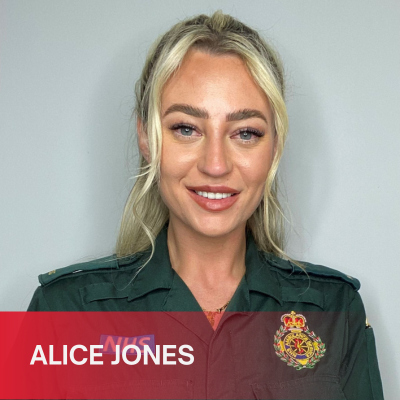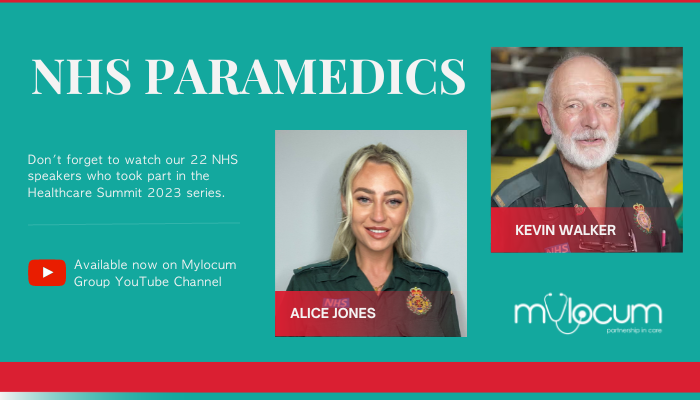The First Responders and Paramedics serve as unsung heroes in emergency medical services. They provide immediate care and support in times of crisis. Their role is vital in saving lives and ensuring the well-being of individuals in distress. This blog aims to shed light on the experiences of some brave individuals. Explore the challenges they face and the importance of their emotional well-being.
The Founding of Paramedics
In 1971, the first group of paramedics graduated from the London School of Hygiene and Tropical Medicine. This marked the beginning of a new era in emergency medical care in the United Kingdom.
The concept of paramedics was first proposed by Dr Douglas Chamberlain. He believed that there was a need for trained healthcare professionals who provide advanced care to patients in an emergency. Chamberlain’s vision led to the establishment of the first paramedic training program in London.
The first paramedics were responsible for providing a wide range of care. Including basic life support, advanced life support, and patient transport. They played a key role in the development of new emergency medical equipment.
Over the past 50 years, the role of paramedics has evolved. Today, paramedics are healthcare professionals who provide a wide range of care. This includes acute medical care, trauma care, and pre-hospital care. They are responsible for providing education and training to other healthcare professionals.
The 50th anniversary of paramedics was a significant milestone in the history of emergency medical care. It is a testament to the hard work and dedication of the many paramedics who have dedicated their lives to providing care to others.
The future of paramedics is promising. The services will continue to evolve to meet the needs of the ever-changing healthcare landscape. Paramedics are playing an important role in the healthcare system. They are well-positioned to continue to make a significant impact in the years to come.
Stories from the Frontlines: Real-Life Experiences
The experiences of paramedics have several moments of heroism, dedication, and sacrifice. Through personal anecdotes, we gain insight into the extraordinary situations they encounter daily. These stories highlight the impact they have on the lives of those they serve. Along with the lasting impressions these experiences leave on the responders themselves.
Kevin Walker

Kevin Walker who dedicated his entire life to saving lives has been in several articles. To name a few- Evening Standard, EMS1. His unwavering contribution to healthcare got him featured everywhere.
A paramedic in his late 70s has been working for the London Ambulance Service for 50 years. He is one of the longest-serving paramedics in the UK. He has seen a lot of changes in the Emergency Medical Services (EMS) in his career.
Walker started his career in 1966 when paramedics were new. He remembers when they were only allowed to give oxygen and basic first aid. They had to call a doctor for anything more serious. Over the years, paramedics have gained more skills and responsibilities. They are now able to provide a wider range of care.
Walker has seen many changes in the way that EMS training is delivered over the years. Earlier, ambulances were much slower and less equipped. Paramedics had to rely on their own knowledge and skills to save lives. Today, ambulances are faster and more equipped. They have access to a wider range of resources.
Walker says, “the core of his job has remained the same.” He still gets satisfaction from helping people in their hour of need. Kevin feels a sense of pride in his work. While recalling the period of ‘pea soup fogs’, he said,
“We had to navigate the streets with burning torches to reach patients and take them to hospital in the late 1960s.” He is grateful for the opportunity to have worked in such a rewarding field.
The future of EMS looks bright, according to Walker. He believes that paramedics will continue to gain more skills with EMS training in 2023. They will play an important role in the healthcare system. He is confident that the next generation of paramedics will be as dedicated to their work as he has been.
Alice Jones

Alice is a paramedic for West Midlands Ambulance Service (WMAS). She is working for the service for 8 years now and has recently become a mentor.
She believes it’s her duty as a paramedic to educate others on how to improve survival rates. As 80% of cardiac arrests occur in the pre-hospital setting. She campaigned in primary and secondary schools to teach CPR. Ms Jones made people aware of where AEDs are, how to use them and how to get help.
Ms Jones also went to Ghana, Africa where she volunteered medical aid to those who were in need. She performed countless malaria testing on primary school students. Along with community wound care via motorbikes. As she recalls her work in a medical centre she said, ‘I delivered a baby in the Ghana medical centre. They named her Alice.’ She feels honoured for the recognition and blessed to work in this field.
Alice recently spoke about ‘Critical thinking, mentoring and burnout’ at our Healthcare Summit ‘Trust Me, I work in the NHS’. If you are keen on getting more insight into her experiences, visit –
Challenges Faced by The First Responders and Paramedics
Life on the frontlines is not without its difficulties. Paramedics and first responders often work in high-stress environments. This can take a toll on their emotional well-being. They face physical risks and exposure to dangerous situations. Coping with trauma and PTSD becomes a constant challenge. The need to balance their work schedules with their personal life can be daunting.
Strategies for coping with stress and trauma are crucial. Along with peer support networks and counselling resources. These measures are fundamental to help the first responders overcome the challenges that the nature of their job brings. Addressing the stigma surrounding seeking help for mental health is crucial. It can help foster a supportive environment for these brave individuals.
The first responders are the backbone of emergency medical services. They often face unimaginable situations to ensure the safety and well-being of others. Understanding their experiences, challenges, and the importance of their emotional well-being is essential. Let us appreciate and acknowledge their efforts, supporting them in any way possible. We play a part in fostering a culture of compassion, recognition, and care. Especially, for those who dedicate their lives to serving others.
FAQ
1. What do paramedics do?
Paramedics are medical professionals who provide emergency care to patients. They are often the first responders to medical emergencies. Paramedics assess patients’ condition, provide treatment and transport them to a hospital.
2. How much do paramedics make?
The average salary for a paramedic in the United Kingdom is £38,000 per year. Entry-level positions start at £33,735 per year. Experienced workers make up to £47,846 per year. The salary range for paramedics can vary depending on experience, location, and employment. For example, paramedics working in London earn more than those working nearby.
You can go visit our website and you can go to the CV-Library to find more job opportunities for All Healthcare Workers.

